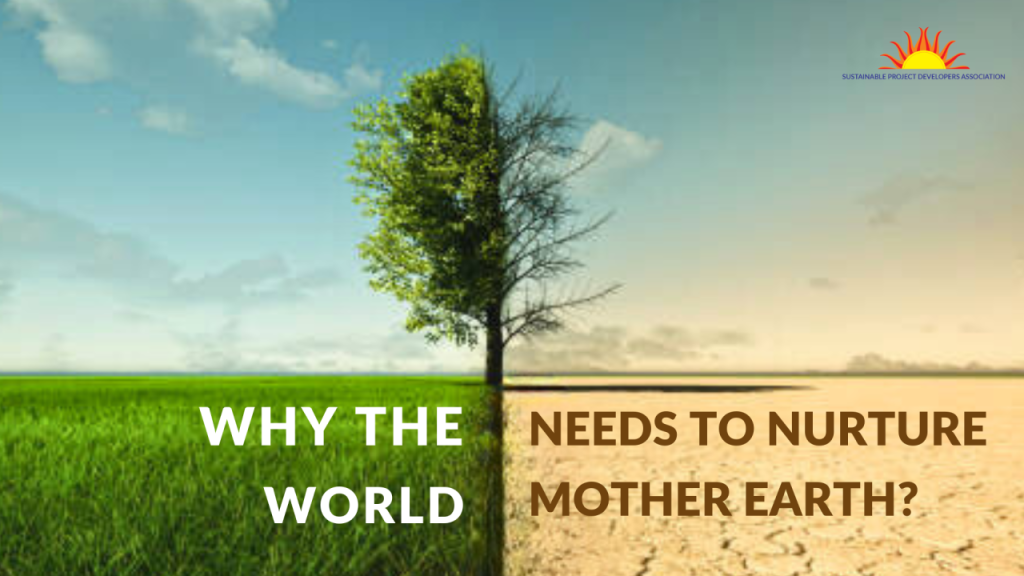
Climate change is having a profound and multifaceted impact on human lives and health. It threatens the very foundations of good health, including access to clean air, safe drinking water, a reliable food supply, and secure shelter. Moreover, it possesses the potential to erode decades of progress achieved in global health.
The recent United Nations General Assembly (UNGA) meeting in New York City served as a stark reminder of the pressing nature of the climate crisis. World leaders convened, and a unified message resounded throughout the assembly: climate change is not a distant threat; it is a clear and present danger. However, while there is broad consensus on the gravity of the problem, finding a solution remains mired in debates and disagreements.
As the world prepares for the upcoming United Nations COP28 climate conference, it is imperative that we reassess how we measure responsibility for addressing climate change. One promising approach is to consider per capita emissions. By examining emissions on a per-person basis, we can more accurately gauge a nation’s contribution to the problem and its potential for sustainable change. This method encourages a fairer and more equitable distribution of responsibility, recognizing that some nations bear a heavier burden than others.
1. Mother Earth’s Plea
Mother Earth has been sending distress signals for years, and her pleas cannot be ignored any longer. From record-breaking heatwaves in the US and China to devastating wildfires in North America and Europe, the consequences of our actions are evident. The Horn of Africa grapples with its fifth consecutive year of drought, while Libya is facing the loss caused by tragic floods.
As US President Joe Biden aptly put it, these events tell an “urgent story of what awaits us if we fail to reduce our dependence on fossil fuels and begin to climate-proof the world.”
2. The Disparity in Responsibility
While it is a fact that the G20 countries collectively account for 80% of global greenhouse gas emissions, it is crucial to understand that these nations also boast the highest populations. Therefore, assessing responsibility purely based on a nation’s total emissions is an incomplete picture. This is where per capita emissions come into play. Per capita emissions measure a country’s total emissions divided by its population, offering a more equitable benchmark. By embracing this metric, we acknowledge that every individual, regardless of nationality, holds an equal share of responsibility for the Earth’s fragile atmosphere.
3. The Call for Equity at COP28
Brazilian President Luiz Inácio Lula da Silva’s address at the United Nations General Assembly struck a chord with numerous developing nations. He articulated a sentiment widely shared among these countries, asserting that “rich countries developed on the back of a model characterized by substantial emissions of climate-damaging gases. We, as developing nations, are resolute in our determination not to replicate this model.”
In a similar vein, South African President Cyril Ramaphosa emphasized the historical burden borne by the African continent due to the industrialization of the Global North. This reminder underscores the enduring impact of colonial exploitation, which continues to loom large in the landscape of global climate negotiations. These statements highlight the deep-seated sense of historical injustice and the demand for equitable responsibility-sharing in addressing the challenges posed by climate change.
4. Per Capita Emissions: A Fair Benchmark
By embracing per capita emissions as the primary benchmark, the world can embark on a path toward equitable responsibility sharing. This approach recognizes that every individual holds an equal entitlement to the Earth’s limited resources. Furthermore, it encourages nations to prioritize sustainable development without compromising the well-being of their citizens.
The Road Ahead
The Paris Agreement, a pivotal global accord, called upon countries to limit the rise in global temperatures to “well below 2 degrees Celsius” above pre-industrial levels. It also urged nations to “pursue efforts” to keep the temperature increase within 1.5 degrees Celsius. Since its recognition of the potentially calamitous impacts of such a scenario, the world took a significant step forward at COP26 in 2021. However, it is high time to convert Words into Action.
The upcoming Global Stocktake at COP28 represents a pivotal moment for evaluating the progress in our battle against the climate crisis and determining the additional steps required to expedite climate action. As we stand on the brink of this assessment, it’s essential to acknowledge that the world has veered significantly off course from its climate goals. This underscores the pressing need for comprehensive and immediate action to address these disparities and mitigate the ongoing impacts of climate change.
As we prepare for COP28, it is imperative to bear in mind that the battle against climate change transcends mere statistics and targets. It is fundamentally a struggle for justice, equity, and the assurance of a brighter future for generations to come. By embracing per capita emissions as our guiding metric, the global community can take a momentous stride toward a more inclusive and sustainable world.
Let us pledge to nurture and protect Mother Earth. This mission is not merely about saving a planet; it is about safeguarding our shared home and securing a promising future. Together, united in our commitment, we can truly make a difference and forge a path toward a world that is equitable, sustainable, and harmonious.
